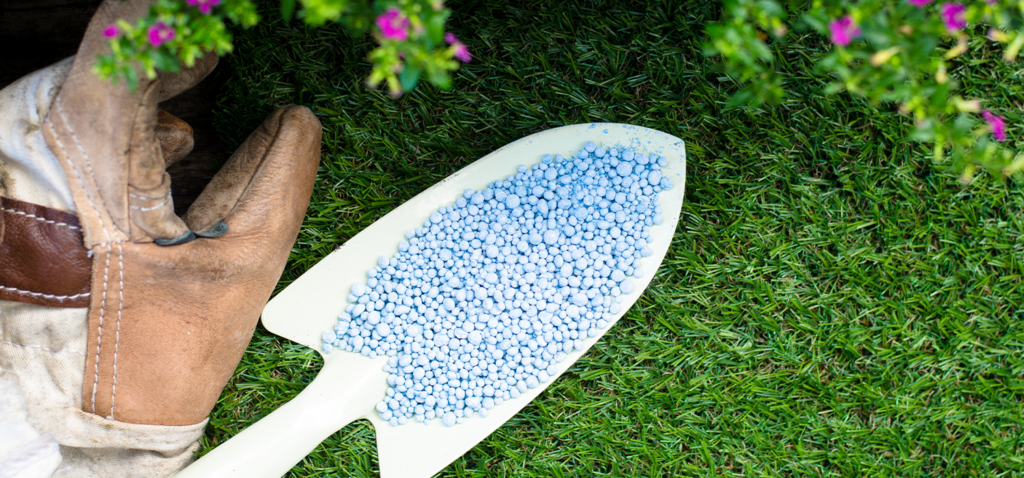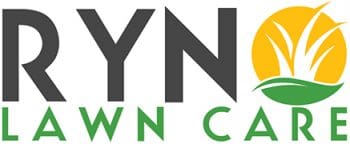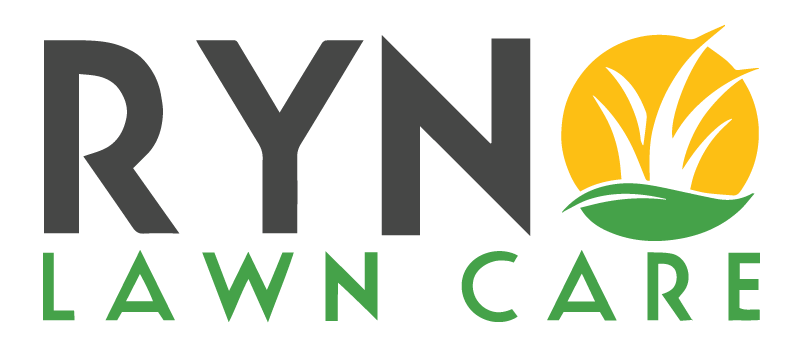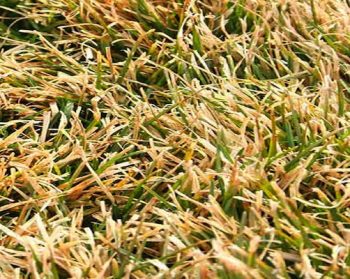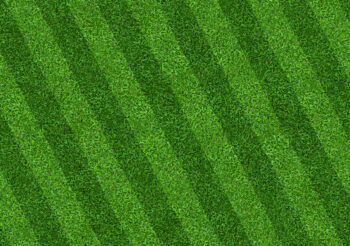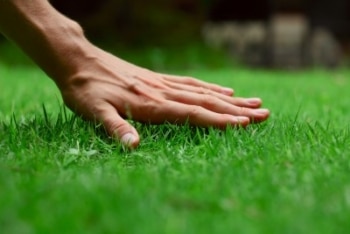Grapevine Weed Control
Top Lawn Fertilization Program - Guaranteed Results
Lawn care maintenance by Ryno Lawn Care
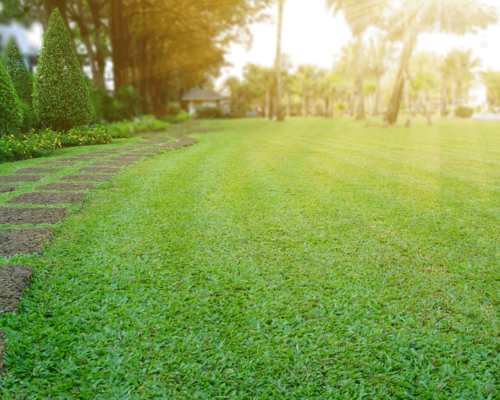

Lawn Fertilization Keeps Grass Strong
Knowing what to use, when, and on which plants, will ensure that you save both time and money while tackling unsightly weeds in your yard. Additionally proper use of a fertilizer is your best defense against intrusive weeds, as having a dense and robust lawn decreases weeds’ ability to set in and thrive.
Applying Pre- and Post-Emergent Herbicides
Pre-emergent herbicides kill weeds before they get a chance to emerge from the soil. This type of product is highly effective for invasive grass species that are hard to control once they’ve sprouted.
A few examples of weeds that respond almost exclusively to pre-emergent herbicides are crabgrass and quackgrass. Both their root systems and their seeding patterns make them difficult to get rid of without the use of a pre-emergent product.
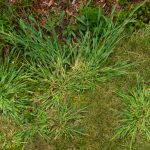
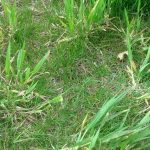
Post-emergent herbicides work by directly affecting the plant’s foliage and soaking into the root system. As the name implies, they are to be applied to the weed once it has emerged from the soil. Selective post-emergent herbicides are the best way to protect surrounding plants and turfgrass from incidental harm while targeting weeds.
Post-emergents are effective on some grassy weeds, and are commonly used on broadleaf weeds like clover and henbit.

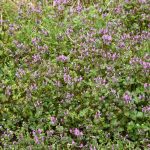
Applying Lawn Fertilizers
Lawn fertilizers should be applied according to the specific climate, location, and species of grass in your yard.
As a general rule of thumb, lawn fertilizers are best applied throughout the year, with the most important applications being in spring and fall. The milder times of the year, when the weather is not too hot or not too cold are best. May and June or early spring, and September and October or early fall, provide for efficient application and avoid the hot summer sun and freezing winters.
Why is it important to avoid extreme temperatures? If it’s too hot, the chemicals can actually burn your lawn. And if it’s too cold, your lawn has likely already gone dormant and won’t soak up the nutrients provided in the fertilization products.
